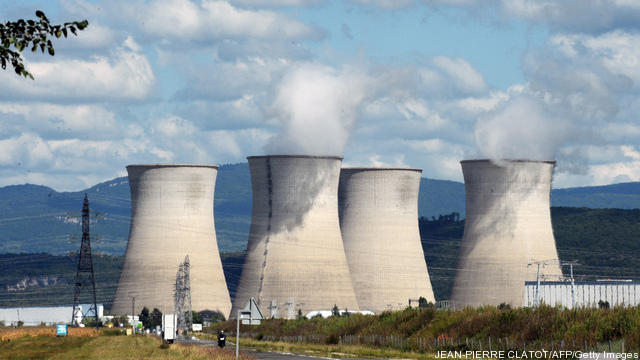Senators have sought GAO investigation of the International Thermonuclear Experimental Reactor research program, in view of the constrained budget environment that could cut funding for U.S. fusion energy programs.
On May 3, 2013, Sens. Ron Wyden (D-Ore.), Lisa Murkowski (R-Alaska), Dianne Feinstein (D-Calif.), and Lamar Alexander (R-Tenn.) wrote to the Government Accountability Office (GAO) seeking information about the International Thermonuclear Experimental Reactor (ITER) program concerning frequent extension of completion dates and rising cost estimates. The senators sought a probe into program costs, viability, schedule, and impact on U.S. fusion energy programs, highlighting the constrained budget environment, which has led to cuts in funding for similar domestic initiatives.
ITER, the world’s largest energy research project, aims to demonstrate production of commercial energy from fusion reactions. It intends to deliver 10 times the power it uses to create the reaction. According to the latest findings, the reaction between two hydrogen isotopes – deuterium and tritium – is the most efficient way to produce the maximum amount of energy at the lowest temperatures. The reaction yields one helium nuclei, one neutron, and energy.
The ITER program represents an international collaboration to develop a new energy source to meet rising global energy consumption. It is a joint venture of U.S., China, India, Japan, Russia, South Korea, and EU, which represent more than 50% of the world’s population. The project was officially signed into effect in November 2006. The ITER installation is underway at the Cadarache facility in southern France. The seven members are to deliver most of the in-kind contributions in the form of buildings and components rather than cash. U.S. share of in-kind contributions is approximately 9.1%.
At the time of the ITER agreement, the Department of Energy (DOE) estimated the U.S. contribution value as $1.122 billion. DOE’s recent decision to expand U.S. funding to $2.4 billion is more than double the original estimate. The administration has requested $225 million to fund ITER for Fiscal Year 2014 , more than double the 2012 funding level of $105 million. Further, the original completion date of 2017 has been extended to 2020.
May 10, 2013 via Energy Solutions Forum
Check out New York Energy Week, organized by Energy Solutions Forum


